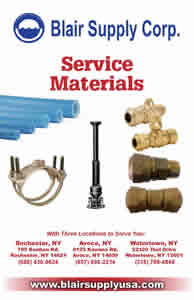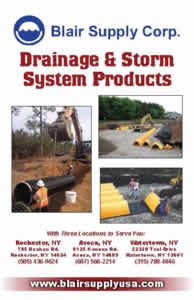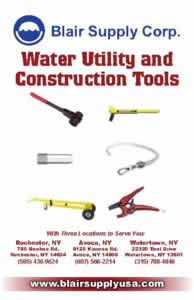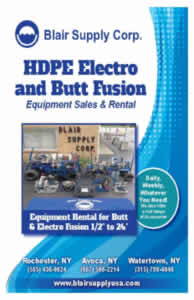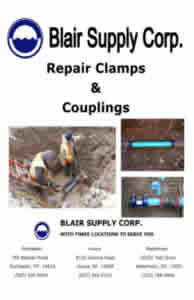Blog
Water Service Fittings Explained
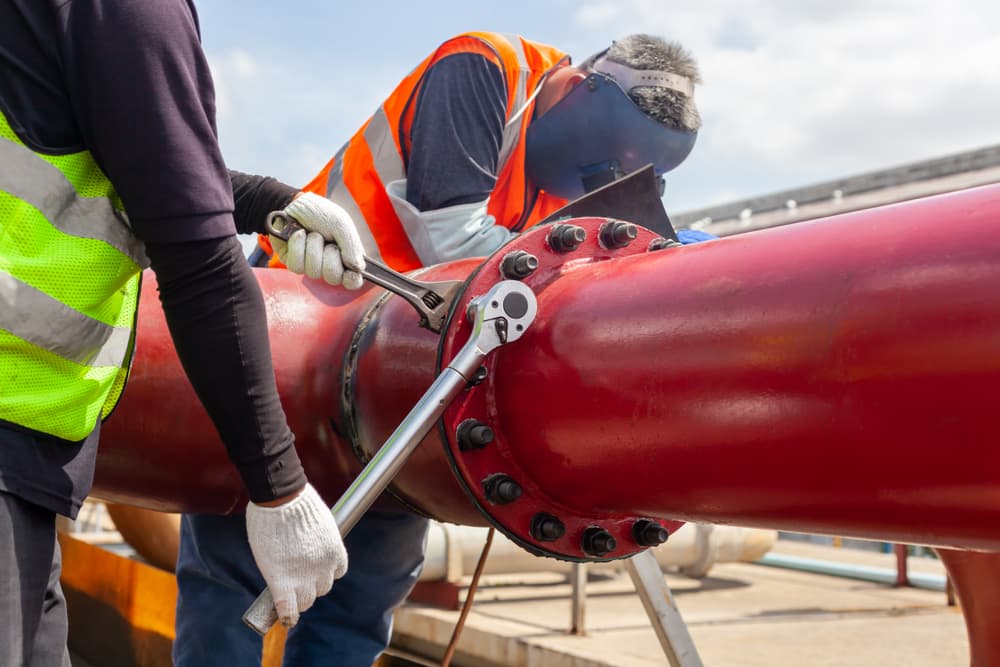
Today, it is virtually impossible to design a functional plumbing infrastructure without using some type of fittings. What’s more, each property has a specific requirement, making choosing the right type of water service fittings an absolute necessity.
With a vast amount of options available today, each with its own specific purpose, it is more important than ever to know what types of fittings exist, in order to choose the most suitable ones for your upcoming projects.
What are water main fittings?
A fitting (“adapter” or “connector”), in a broad sense, is a plumbing component used to connect two straight pipe sections in order to:
- Extend the line;
- Alter the direction of a line;
- Make varying sizes or shapes of pipes compatible with each other;
- Regulate (and, occasionally, measure) fluid flow.
Water main fittings, specifically, serve to manipulate the transfer of water from a primary underground pipe in a municipal water supply system to a residential or commercial property.
What are the most commonly used types of industrial fittings?
The first criterion is that a fitting material should correspond to the pipe material. Of course, there are exceptions to this rule, which we’ll discuss later.
Although fittings come in standardized sizes and shapes, there is no one-size-fits-all option. Fittings can be made out of different materials, each suitable for different purposes. The most commonly used ones are:
- Carbon Monosulfide (CS) or galvanized steel: for highly corrosive environments;
- Low-temperature carbon steel: for use in low-temperature applications and for welded pressure vessels;
- Impact-tested carbon steel (ITCS): used in high-pressure systems;
- Malleable Iron (Black iron): for light industrial and plumbing use;
- Stainless Steel (SS): an excellent all-arounder, best suited for systems that see excessive use;
- Non-ferrous metals: mainly for industrial piping and electrical installations.
- Chrome-molybdenum steel: for high-heat environments;
- Non-metallic (PVC, CPVC, ABC, HDPE, FRP): wide range of residential, commercial, and industrial applications, due to their resilience and flexibility.
With such a vast selection available, we can conclude that choosing the right type of fitting will largely depend on their intended use (for instance, brass fittings are highly corrosion resistant, which makes them suitable for hydraulic systems).
 How to determine which fittings should I use?
How to determine which fittings should I use?
Industry practices have confirmed that it is best to use fittings made out of the same material as the pipe to ensure the ultimate structural integrity of the entire system. Still, in some instances, that is impossible (e.g. when metallic pipes transition into PVC ones). Fortunately, there is a way around this issue.
As we mentioned before, there are no strict rules when it comes to choosing a fitting for your project. As long as they are in line with the health, plumbing, and construction codes, they can be combined. However, if you encounter this type of situation, it is of utmost importance to use the highest quality components, as it is the only way to ensure maximum system integrity.
Where can I find top-of-the-line water service fittings in the Rochester area?
For more than 6 decades, Blair Supply Corp has been the leading supplier of plumbing materials south of Lake Ontario. Our offer includes a vast selection of high-quality fittings, clamps, and couplings from some of the world’s top manufacturers such as Fernco, Mueller, Ford, Smith-Blair, and Hymax.
Whether you’re looking at an upcoming water main installation or a wastewater line upgrade project, our experts stand at your disposal to give you the necessary information and ensure you make the best choice. Give us a call today and see why we remain #1 for so long!

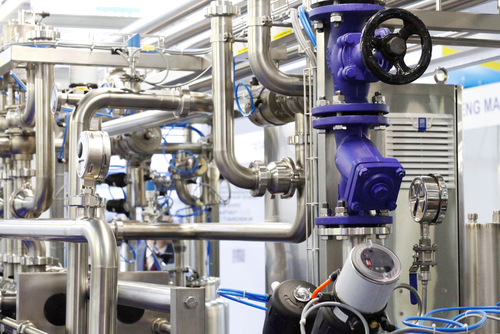 How to determine which fittings should I use?
How to determine which fittings should I use?